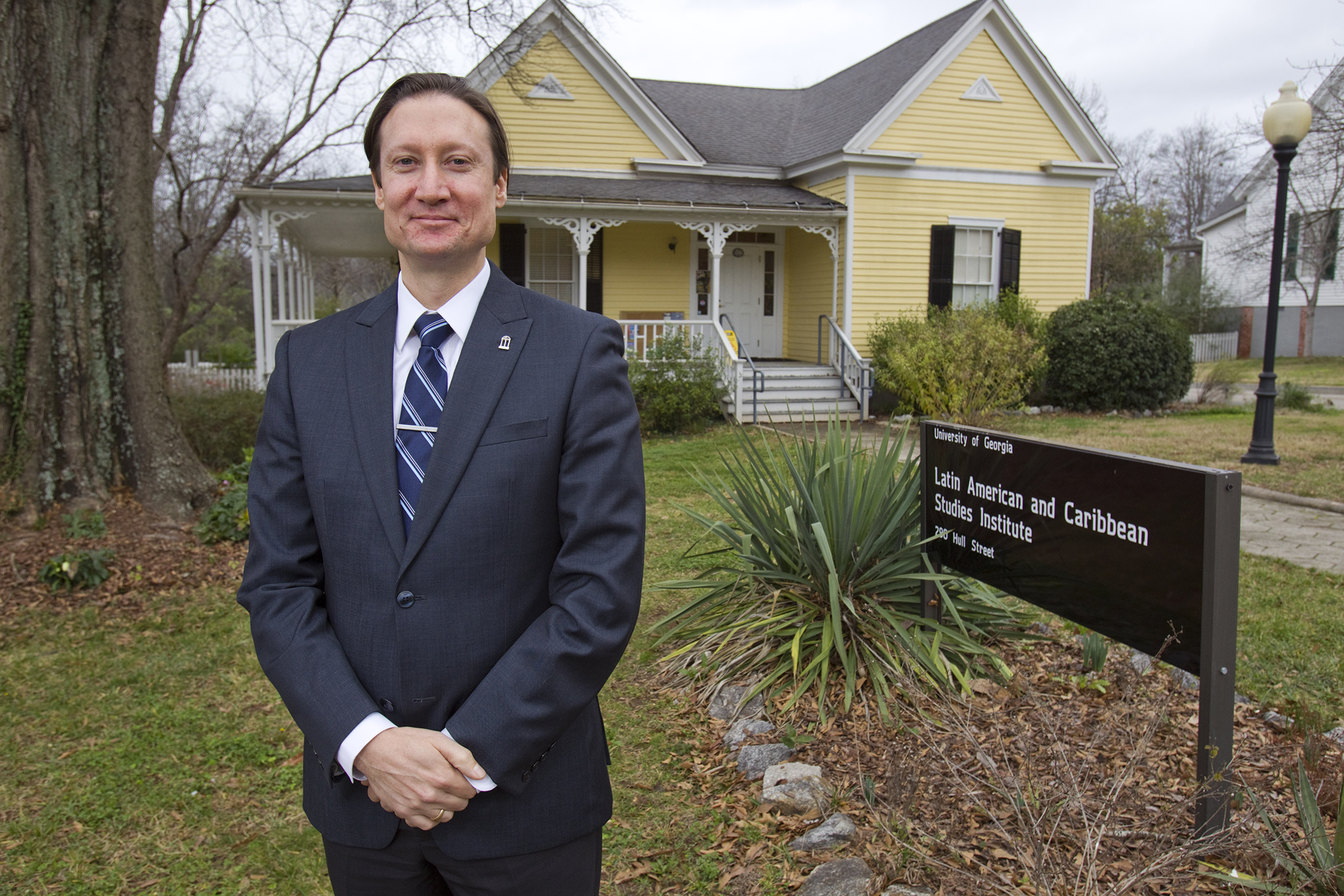UGA’s Latin American and Caribbean Studies Institute received a $1.9 million grant from the U.S. Department of Education, positioning it as a National Resource Center for Latin American Studies.
Over the next four years, LACSI will use the grant to offer student fellowships and facilitate further education, outreach and research initiatives in Georgia and across the U.S.
Since LACSI was established as an institute in the Franklin College of Arts and Sciences in 2006, extramural funding has allowed its affiliated faculty to launch and administer initiatives that promote Latin American culture and language in several areas. These include a focus on the arts; language exchange; creation of K-12 educational materials; education in sustainable agricultural practices; establishment of the Latin American Botanical Garden on UGA’s North Campus; promotion of science, technology, engineering and mathematics education in Latin America; preservation and teaching of indigenous languages; and support of organizations and individuals serving Georgia’s fast-growing Latino and Hispanic communities.
One of LACSI’s initiatives also houses the Portuguese Flagship Program, which is funded through the National Security Education Program.
“This new grant will allow us to dramatically expand the reach of our academic, research and outreach programs while continuing to support our students and faculty affiliates,” said Richard Gordon, LACSI director. “Receiving funding from the U.S. Department of Education is a testament to our vision and commitment since LACSI was founded to put UGA on the map as a national resource for Latin American languages and area studies.”
The U.S. Department of Education grants are designed to help the U.S. enhance its leadership role in world markets, global engagement and scholarship. To address this mission, LACSI will use $1 million of the grant money to offer foreign language and area studies fellowships to support students studying less-commonly taught Latin American languages, such as Portuguese and Quechua.
The other portion of the grant will help the institute become an Undergraduate National Resource Center for Latin American Studies. These centers carry out instruction, research and outreach focused on specific world regions, international studies and the teaching of less commonly taught languages. Activities include teacher training programs—for ages ranging from pre-kindergarten to undergraduate students—that provide an understanding of the culture, language, history, politics and economics of Latin America; collaborations with overseas institutions of higher education and other organizations; and projects with centers and institutions that address themes of global importance.
“We are excited to continue to work with our current and future faculty affiliates and students to develop programs that increase understanding and knowledge about Latin America’s peoples, languages and cultures,” Gordon said.


